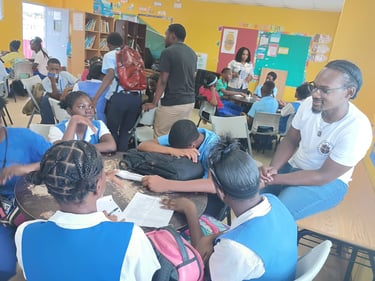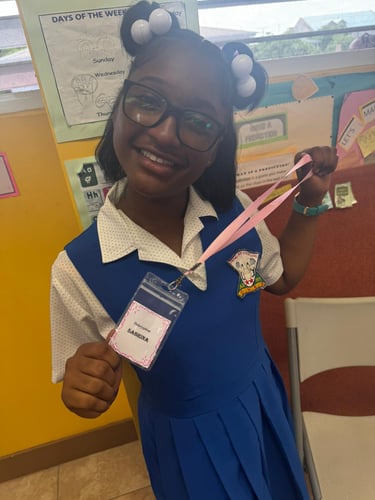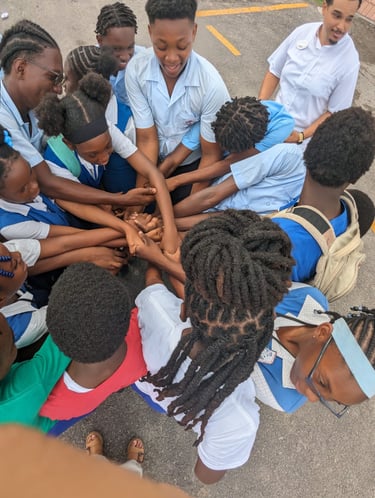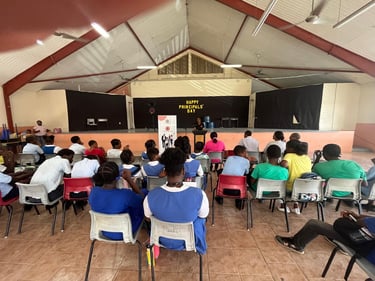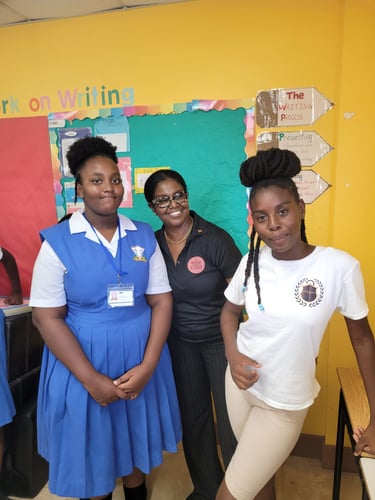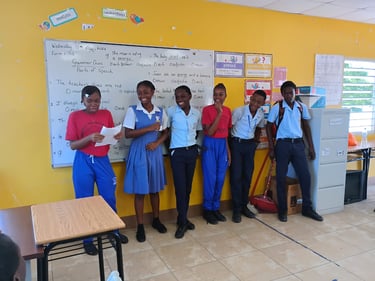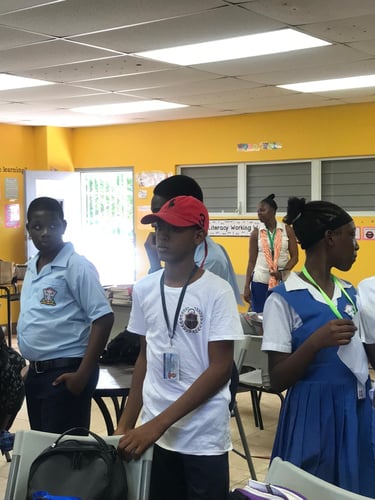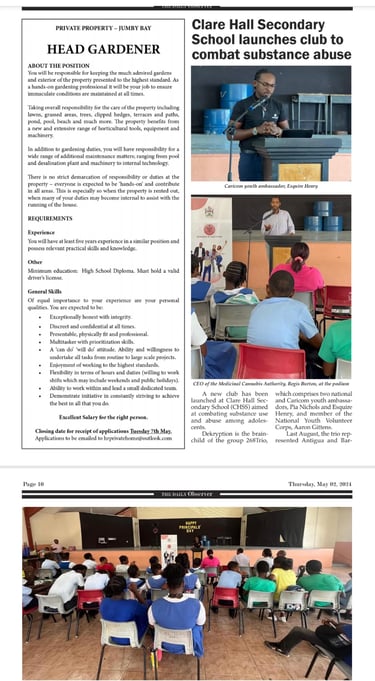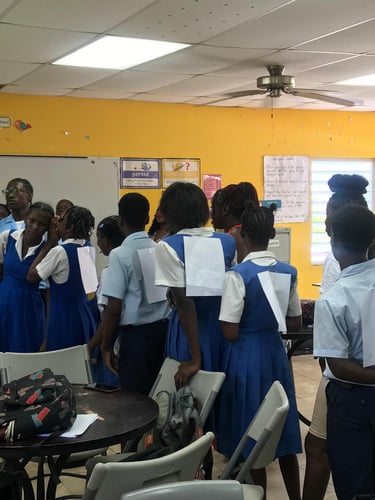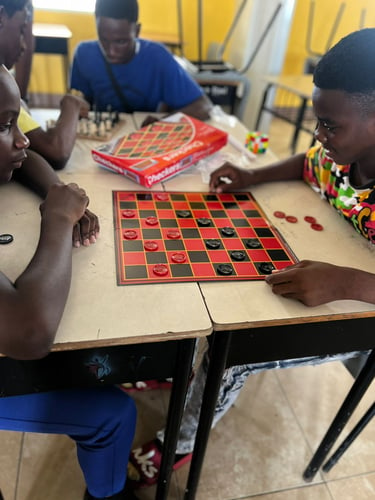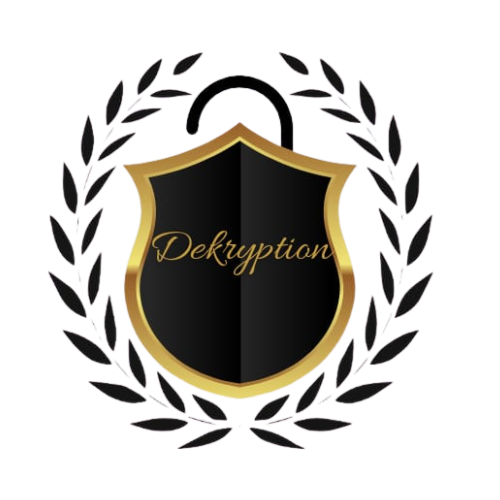

Dekryption is a transformative youth development initiative designed to address substance-use prevention among adolescents aged 11 to 14 through life skills education, positive reinforcement, and inclusive community engagement. The program was conceptualised by the 268 Trio—a team composed of Pia Nichols, Aaron Gittens, and me. Dekryption emerged from the 2nd Caribbean Youth Forum on Drug Use Prevention, held in the Bahamas, where it was awarded as one of the top three regional projects presented.
The initiative received substantial support from the Antigua and Barbuda Department of Youth Affairs (DYA), financial backing from the Organisation of American States (OAS) – Inter-American Drug Abuse Control Commission (CICAD), and collaborative input from a range of stakeholders and volunteers.
Officially launched on April 30, 2024, at Clare Hall Secondary School, Dekryption introduced its program through a ceremonial rollout that set the tone for a dynamic and structured learning journey. Initially targeting thirty students, the club quickly exceeded expectations, enrolling 39 participants in its first term.
Throughout its initial implementation, the program hosted more than twenty interactive sessions. These modules included:
1. Interpersonal Communication Skills – Strengthening teamwork, empathy, and conflict resolution
2. Time Management – Fostering discipline, self-control, and productivity
3. Emotional Intelligence & Regulation – Teaching emotional awareness and coping strategies
4. Goal Setting – Encouraging focus, adaptability, and future planning
5. Stress Management – Promoting self-care, wellness, and mental health awareness
6. Adaptability & Resilience – Equipping students to manage uncertainty and change
7. Critical Thinking & Decision-Making – Building analytical thinking and informed judgment
Rather than relying solely on traditional instruction, these modules were delivered through games, skits, small group discussions, journaling, and reflection circles. This interactive approach deepened participants’ understanding of key life skills and fostered a culture of openness, mutual respect, and psychological safety. Students felt empowered to speak candidly about their mental health, family lives, school challenges, and future aspirations within this space.
